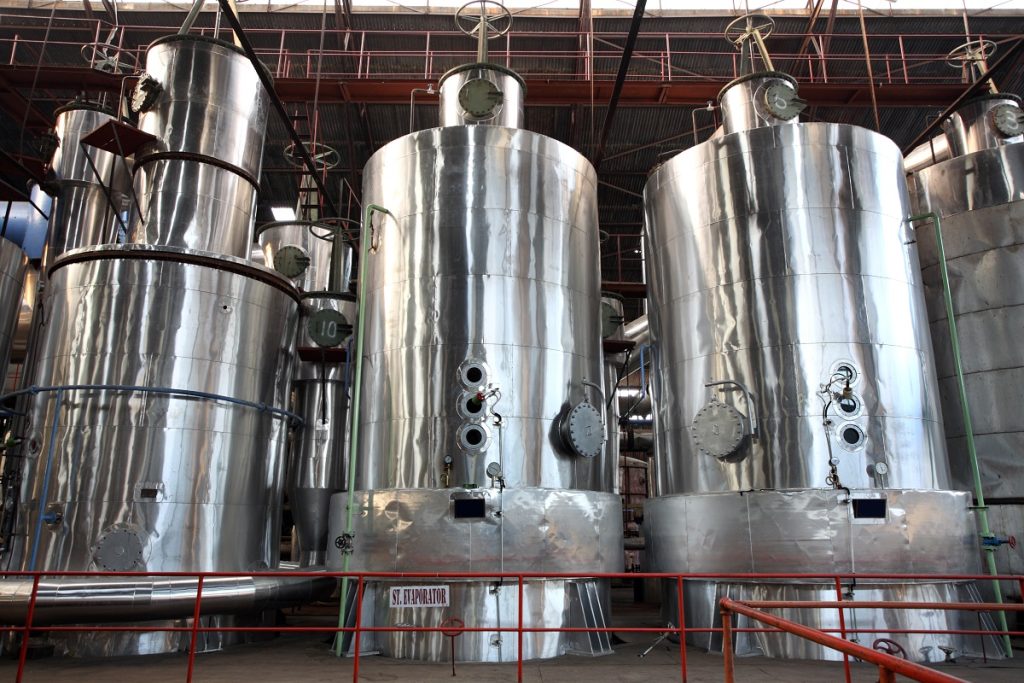- Investing in modern milling equipment and associated accessories enhances productivity, performance, and business profitability.
- Worker training is paramount to ensure efficiency, safety, and productivity in the milling business.
- Quality control measures ensure the production of high-quality products, preventing potential problems like reduced efficiencies or a damaged reputation.
- Effective supply chain management is critical to timely product availability, meeting customer demand, and avoiding potential setbacks like delays or increased costs.
- Regular maintenance schedules and thorough market research are fundamental to preventing equipment breakdowns and staying abreast of industry trends or customer expectations.
You’re stepping into the world of milling business, a crucial sector with boundless opportunities. To ensure success and efficient production, you’ll need to strategize meticulously.
From adopting modern milling technologies to training your employees, implementing quality control measures, and managing your supply chain effectively, you have many strategies. With the right approach, you’ll boost your production efficiency and elevate the profitability of your milling business.
Production Management Practices
Implementing the right production management practices is essential for any milling business. Here are some tips to ensure your production process runs smoothly:
Invest in Modern Milling Equipment
Investing in modern milling equipment is crucial for any business looking to stay ahead of the competition. To ensure efficient production, investing in high-quality mill liner accessories is essential. These accessories not only protect critical mill components from wear and damage but also improve the overall performance and efficiency of the equipment. Many mill liner accessories, such as shell liner plates, headliners, lifter bars, grates, and pulp lifters, are designed to optimize mill performance and longevity.
Choosing the right liners requires careful consideration, as the wrong ones may end up causing more harm than good. Selecting liners made from durable, high-quality materials designed to withstand abrasive conditions is crucial. Businesses can maximize productivity and profitability by making a smart investment in milling equipment and mill liner accessories while minimizing risk and downtime.
Worker Training

Worker training is a crucial element in maintaining a successful milling business. By providing proper education and training, management can ensure that workers are adequately equipped to perform their roles efficiently and accurately. Proper worker training can also help prevent workplace hazards and inefficiencies, ultimately leading to a safer and more productive work environment.
In manufacturing and production, skilled workers can be the difference between hitting company goals and financial loss. Therefore, businesses need to invest in comprehensive and ongoing worker training programs to ensure the success and longevity of their operation.
Quality Control
Quality control is an essential process that every milling business should adopt to ensure consistent and timely production of high-quality products. It involves establishing standards and procedures that govern the production process to prevent defects, errors, and other problems that could lead to reduced efficiencies and low-quality products.
Proper quality control begins with appropriate staff training to equip them with the skills and knowledge of identifying and resolving quality issues. It is also important to have a dedicated team that oversees the entire quality control process to ensure that all production standards are followed. Without quality control, a milling business is vulnerable to production delays, poor products, and a damaged reputation.
Supply Chain Management
Supply chain management is crucial for any business, especially today’s global economy. It involves coordinating and optimizing the flow of goods, services, and information from suppliers to customers. Proper supply chain management ensures that a company’s products are available on time, at the right place, and at the right price.
In a milling business, it is essential to have a well-managed supply chain to ensure that the company can efficiently produce its products and meet customer demand. Without proper supply chain management, a milling business may experience delays, inventory shortages, and increased costs, which can harm the company’s bottom line.
Maintenance Schedule
A maintenance schedule is crucial to keep the equipment in your milling business working properly. It is a routine check on the machines and tools to prevent breakdowns and ensure they run efficiently. It is important to establish regular Maintenance Schedules to avoid downtime and lost revenue.
Adhering to a schedule will allow business owners to plan, ensure that equipment is inspected and cleaned regularly, and reduce the risk of costly equipment repairs. By creating an effective Maintenance Schedule, a business can ensure that its equipment functions properly for many years, increasing the longevity of the machines and the business’s bottom line.
Market Research

When running a successful milling business, properly conducting market research is essential. This involves gathering and analyzing data on the industry, target consumers, and competitors.
By doing so, businesses can gain valuable insights into consumer preferences and demand trends, informing their production strategies and improving efficiency. Failure to conduct market research can lead to missed opportunities and costly missteps.
In conclusion, running a milling business successfully requires a well-rounded and meticulously planned strategy. You must invest in modern milling equipment, ensure proper worker training, maintain strict quality control, manage your supply chain efficiently, and have a regular maintenance schedule. Additionally, conduct thorough market research to stay ahead of trends and meet customer expectations. Now, it’s your move. Take these strategies, implement them, and watch your milling business thrive like never before.





